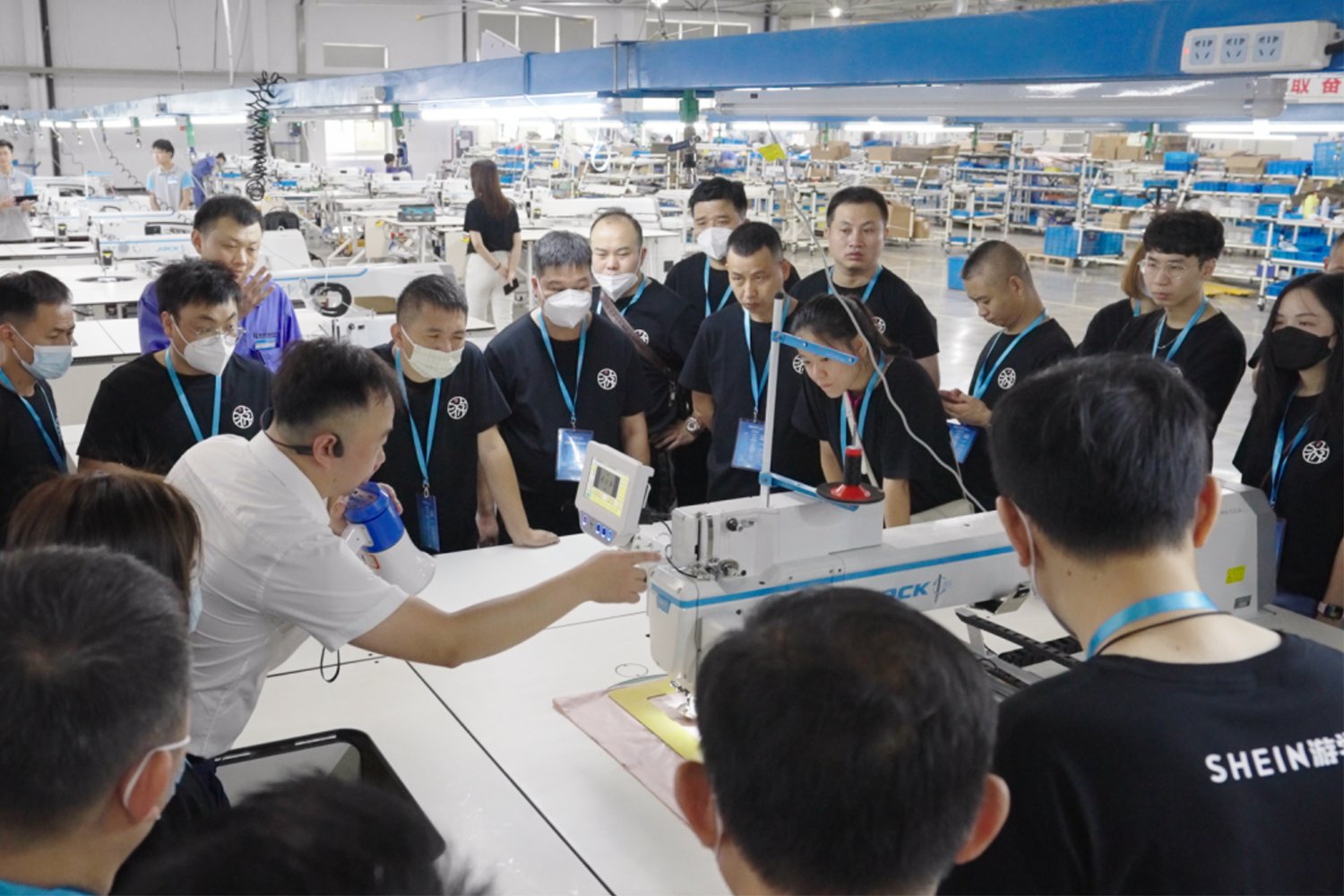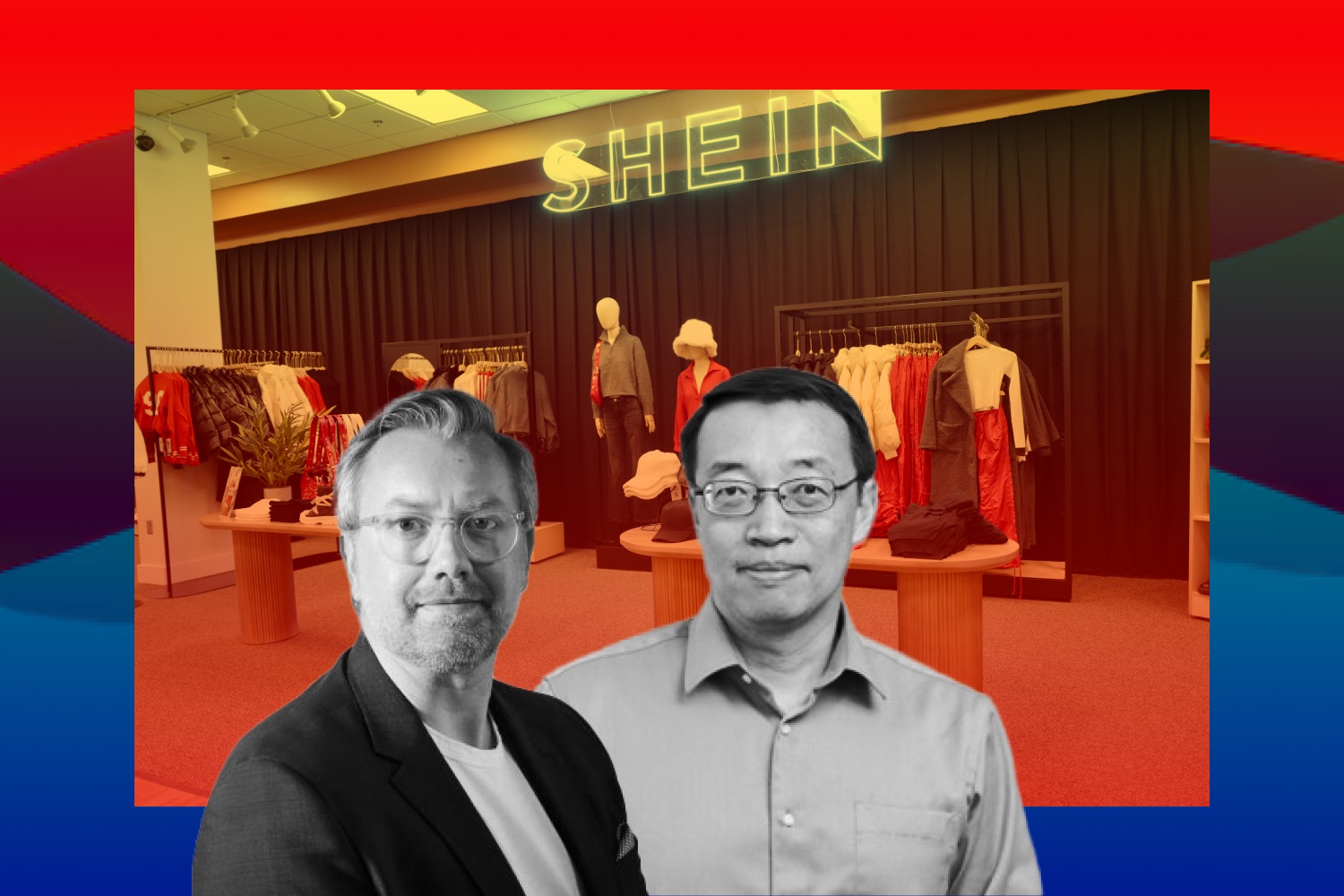SHEIN’s Unfair Sleight of Hand to Gain the Upper Hand
Fast fashion has its roots tracing back to the 1800s. With the invention of the sewing machine in 1846 and the outsourcing of garment production to factories, clothing prices dropped, and the volume of clothes being made increased. Fast forward to the 2000s, the trend of fast fashion was just accelerated further as with the bloom of social media and influencer culture.
The story has revolving around brands like Zara, H&M, and Topshop mastering the art of mass-producing expensive runway clothes in just three weeks. Subsequently, ultra-fast fashion giants like Asos and Boohoo redefined the game by shortening production time to as little as a week.
But no one has prepared for the script to be flipped when we has already gotten to the era of real-time retail, and we are talking about SHEIN. The retailer sells clothing at seriously discounted prices with tees, sweaters, and skirts selling for as low as $2. Those are delicious deals that make the dreams of looking rich with dirt cheap clothes come true.
However, the story behind the $2 T-shirt isn’t pleasant. It’s the dark side that people just don’t want to see, they close their eyes in order grab hundred items in several bucks. Little do they know that this China-based platform has been doing tricks to get to the point they are right now, and it harms our economy.
Unfair Competitions – SHEIN’s Dirty Tricks to Ridiculously Win
SHEIN, an online clothing retailer, experienced a surge in popularity during the pandemic, particularly among Gen Z consumers. Its trendiness has made it a hot topic online in recent years. In 2023, the SHEIN app had over 261.9 million downloads and attracted more than 53 million users worldwide. On TikTok, the hashtag #SHEIN has garnered over 84.4 billion views, which is huge.
SHEIN has claimed that the recipe to this success lies in its on-demand business model and its strategic location that helps the e-commerce site gain the silver bullet in supply chain. However, statistics and evidences have proven otherwise. It seems that the “recipe” contains more dark magic than healthy ingredients.
Stealing Designs and Retail at Dirt Cheap Prices
SHEIN has encountered a surge in complaints from both large and small brands, alleging that the company has profited by appropriating others’ designs. Last summer, a group of three fashion designers in California filed a lawsuit against SHEIN, asserting that the company’s actions violate the Racketeer Influenced and Corrupt Organizations Act, originally designed to combat organized crime.
In late November, footwear giant Deckers, owner of brands like Ugg, Hoka, and Tevas, initiated a lawsuit against SHEIN for trademark infringement. Similarly, apparel brand For Love and Lemons filed a lawsuit in late January, accusing SHEIN of copying its designs.
According to a recent analysis by the Financial Times, at least 93 different designers and brands have filed copyright or trademark infringement lawsuits in U.S. federal court against SHEIN since 2018. Moreover, at least 10 businesses, including Deckers, have sued SHEIN on multiple occasions.
When it comes to stealing designs, it’s not only the story about the big names, but also the small businesses. In 2023, SHEIN was accused in a new lawsuit of violating the federal anti-racketeering act, RICO, by copying independent designers’ works.
Three artists — Krista Perry, Larissa Martinez and Jay Baron — allege SHEIN made exact copies of their work without their knowledge.

“SHEIN has grown rich by committing individual infringements over and over again, as part of a long and continuous pattern of racketeering, which shows no sign of abating,” their lawyers allege in a complaint filed in a federal district court in California.
We all know how cheap the products on SHEIN platform is, imaging stealing designs from other brands then sell them at 10 times cheaper, it’s not surprising if people go for the more affordable ones in this economy.
Despite SHEIN’s claims of implementing product review teams to prevent such occurrences, instances of copyright infringement continue to arise.
Tax Loophole – Undercut Other Rivals
There has been ongoing debate regarding the taxes, particularly import taxes, paid by SHEIN. In the US, a law facilitates easier and cheaper shipping of small packages into the country. Packages valued at less than $800 are exempt from tariffs and inspection requirements.
Imagine if SHEIN shipped their products to a store in the US like H&M and many other competitors. In such cases, their shipments would likely be much larger and valued well over $800. However, since SHEIN ships items directly to customers, it’s rare for orders to exceed the $800 limit. Most of their orders are well under $100.
A similar situation exists with Temu, and together, they account for approximately one-third of all shipments into the US that qualify for this exemption. While they aren’t necessarily engaging in illegal activities, many people believe that SHEIN and Temu have achieved their success by exploiting tax laws, prompting calls for legislative change.
Mafia’s Style – Anticompetitive Practices
SHEIN and Temu engaged in a battle to dominate the US fast-fashion market, which escalated into legal disputes. Over the past year, the Asian e-commerce giants sued and countersued each other, eventually dropping the lawsuits in October. However, on December 13, 2023, Temu filed a new lawsuit, alleging that SHEIN has “intensified” anticompetitive practices.
Temu has accused SHEIN of “mafia-style intimidation of suppliers.” It claimed that SHEIN detained merchant representatives in its offices for hours, seized their devices, compelled them to surrender passwords and transaction records with Temu, threatened penalties for doing business with Temu, and coerced them into pledging allegiance to SHEIN alone.
As reported by Nikkei, SHEIN stated, “We believe this lawsuit is without merit, and we will vigorously defend ourselves.”
Mysterious – SHEIN and Its Chinese Roots

Established by Chinese entrepreneur Chris Xu in 2012, SHEIN is undeniably a retailer based in China. However, in anticipation of a US IPO, SHEIN relocated its headquarters to Singapore in 2021, aiming to distance itself from its Chinese origins.
Concurrently, it began expanding its presence in the U.S., where it had previously maintained a relatively low profile, and initiated the establishment of a government relations and communications team based in Washington.
According to two individuals familiar with the matter, SHEIN has been engaged in discussions with the Chinese government for several months regarding the necessity of registering with the country’s securities regulator prior to pursuing a public listing in the U.S. Despite not being headquartered in China and not catering to the Chinese market, SHEIN’s significant presence in China could prompt the government to mandate compliance with IPO regulations.
SHEIN, a company potentially considering an IPO in overseas stock markets like the U.S. and Hong Kong, faces uncertainty regarding registration requirements with the China Securities Regulatory Commission (CSRC).
While SHEIN may not meet the technical criteria outlined by CSRC rules concerning assets, operations, and personnel, the regulator holds discretionary power to adjudicate cases.
This ambiguity could prolong the IPO process due to the CSRC’s backlog of applications, causing frustration among investors. SHEIN is likely to comply with CSRC directives to avoid repercussions, as demonstrated by the delisting of Didi Global following its defiance of Chinese authorities’ concerns regarding its IPO.
Since we don’t know exactly if SHEIN is associated with the CCP, but with a large operation in China, the company is under an absolute control of China. To that end, A critical distinction often overlooked between the two countries lies in their approach to rule-making: In China, corporations possess considerably less influence over regulatory processes than their counterparts in America.
The Real Cost of $2 T-Shirt – Take a Toll on the Wellness
Not only is SHEIN an unfair player in the market, but it also significantly impacts social wellness. The fast fashion industry, exemplified by SHEIN, fosters a culture of overconsumption and disposability that undermines social well-being. By promoting trends that encourage constant purchasing and rapid turnover of clothing items, SHEIN contributes to environmental degradation and perpetuates economic disparities.
Unfriendly to the Environment
The fashion industry contributes to over 10% of carbon emissions annually, with SHEIN making a significant contribution to this issue. Fast fashion brands typically depend on global supply chains, involving the transportation of materials and finished products across long distances. This leads to high carbon emissions, exacerbating climate change and air pollution.
The global fashion sector has committed to achieving a net-zero emissions industry by 2050 as part of the commitments made with the United Nations Alliance for Sustainable Fashion. However, brands like SHEIN appear to be lagging behind in accelerating progress toward these goals. Instead of prioritizing efforts to advance sustainability, they seem to prioritize their financial success, potentially hindering the industry’s overall progress.
SHEIN Group states on its official website that in 2022, production volume increased by 57%, leading to a 52% increase in emissions. The absolute emissions changed from 6.04 to 9.17 million tons CO2e from 2021 to 2022, attributed to the strong growth of their business.
They also mention that their mitigation journey and decarbonization programs were apparently implemented at the end of fiscal year 2022. However, it appears that their rapid success in the fashion market is outpacing their efforts to mitigate the environmental damage caused thus far.
A notable environmental concern linked to fast fashion brands like SHEIN is the carbon emissions generated throughout their supply chains. The production of clothing, transportation of goods, and energy consumption of online operations all significantly contribute to the brand’s carbon footprint.
According to a report, despite SHEIN’s purportedly efficient business model, the rapid utilization of virgin polyester and extensive consumption of oil result in the production of a similar amount of CO2 as approximately 180 coal-fired power plants.
Forced Labor Allegations

SHEIN’s unethical practices extend beyond environmental concerns to social implications, including poor working conditions and low wages for many textile workers. The brand states on its official website, “SHEIN does not own or operate any manufacturing facilities. Instead, we work with a network of contract manufacturers to procure products that carry the SHEIN brand.”
Despite claims by SHEIN that they aim to improve the communities they reach and remain accountable to their suppliers through third-party audits, training, and other community programs, multiple accusations over the years suggest otherwise.
In addition to links to the controversy of forced labor in China, SHEIN has been exposed for subjecting its workers to excessive overtime, with some suppliers requiring up to 75-hour workweeks. A report by a Swiss non-governmental organization interviewed workers from several factories supplying SHEIN. They reported that workers endured three shifts per day, often with only one day off per month.
The payment structure, where workers are paid per item of clothing, incentivizes them to work longer hours. Furthermore, a documentary by British Channel 4 revealed that SHEIN clothing makers receive as little as $0.038 per item, with the expectation to sew at least 500 pieces of clothing per day, sometimes working up to 18 hours in a single day.
Data Breach and Safety Concern

A 2018 data breach has brought SHEIN into focus as the ultra-fast fashion e-commerce platform continues to expand its reach among Gen Z markets worldwide.
Zoetop, SHEIN’s parent company, has been fined $1.9 million by New York for mishandling the security incident, as revealed by the state’s attorney general office. Unlike other states, New York doesn’t publicly release data breach notifications promptly, leading to delayed awareness of the incident.
The data breach has created another public relations issue for SHEIN, although the company asserts that it has substantially bolstered its security measures since the breach occurred.
“We have fully cooperated with the New York Attorney General and are pleased to have resolved this matter. Protecting our customers’ data and maintaining their trust is a top priority, especially with ongoing cyber threats posed to businesses around the world. Since the data breach, which occurred in 2018, we have taken significant steps to further strengthen our cybersecurity posture and we remain vigilant,” SHEIN claims in a statement.
SHEIN also countered a scrutiny on safety concern. In 2021, a CBC study in Canada highlighted alarming safety issues with products purchased from SHEIN. The study revealed dangerously high levels of chemicals in certain items, such as a toddler jacket reportedly containing 20 times the safe amount of lead for children.









